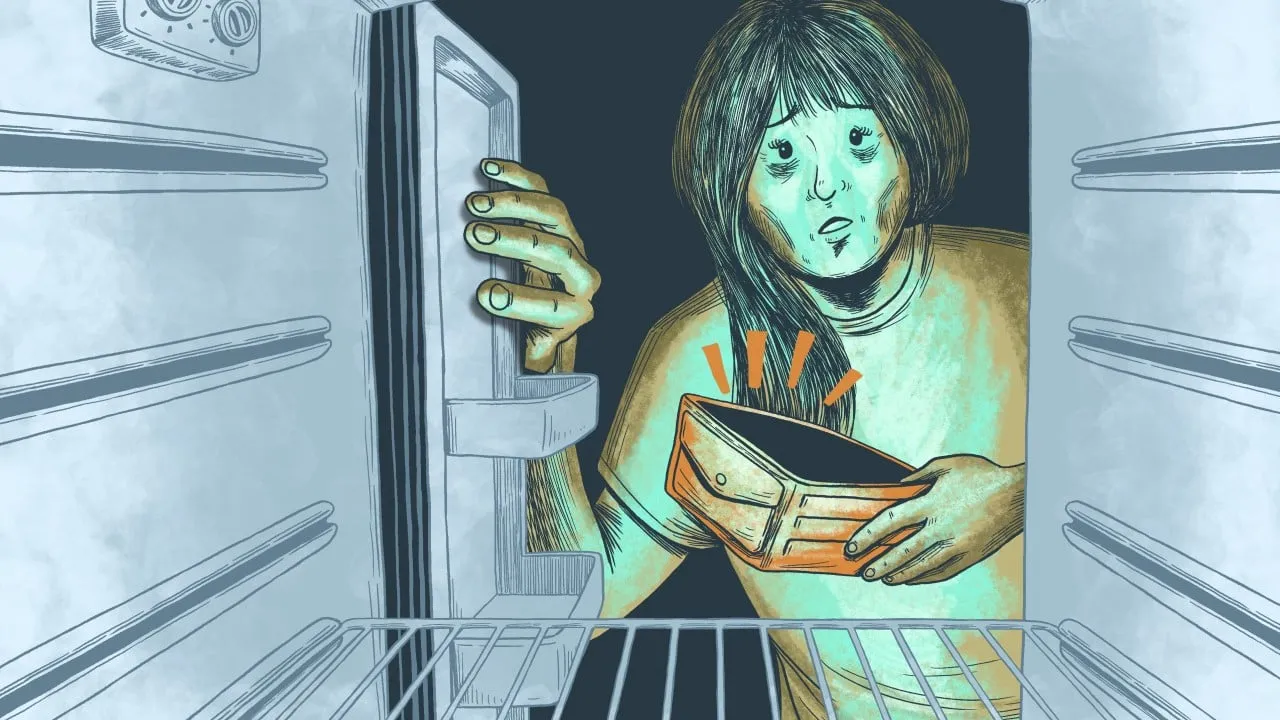Understanding Food Insecurity Amid Poverty in Hong Kong

Food Insecurity in Hong Kong: A Growing Concern
Food insecurity in Hong Kong has become increasingly urgent as the city's impoverished residents struggle to afford basic nourishment. With a significant rise in the cost of living and stagnant wages, many families like that of homemaker Fion Chan have turned to drastic measures such as skipping meals to stretch their budgets. According to a recent survey conducted by Food Grace, over two-fifths of low-income families reported going hungry, highlighting a startling trend in a wealthy city.
Poverty and Nutrition: The Harsh Reality
Yuen Tak-chi, executive director of Community Leap, emphasizes the intolerable nature of poverty in a well-off city like Hong Kong, where basic necessities such as food should be accessible to all. With a rising poverty rate of 20%, compounded by inflation, families are increasingly prioritizing costs over nutrition. This situation raises significant social welfare concerns, prompting calls for more comprehensive policy initiatives.
Government and NGO Responses
- Food Banks: Various NGOs have stepped up their food assistance initiatives, such as the Hong Kong Christian Service, which served about 6,000 residents since its inception in Sham Shui Po.
- Community Initiatives: Organizations like Food Angel provide crucial food rescue services, distributing thousands of meals daily to alleviate hunger.
- Need for Policy Revisions: Experts are advocating for legislative changes, including a proposed ‘Good Samaritan law’ to encourage food donations while protecting donors from liability.
Looking Ahead: The Need for Action
As the number of families facing food insecurity in Hong Kong continues to rise, the demand for effective food assistance and comprehensive policy reform is more pressing than ever. Analysts suggest that addressing these concerns holistically—with an emphasis on nutrition education and targeted help for vulnerable populations—will be vital in combating this crisis. The goal should be ensuring that every resident has access to sufficient food and proper nutrition.
Disclaimer: The information provided on this site is for informational purposes only and is not intended as medical advice. We are not responsible for any actions taken based on the content of this site. Always consult a qualified healthcare provider for medical advice, diagnosis, and treatment. We source our news from reputable sources and provide links to the original articles. We do not endorse or assume responsibility for the accuracy of the information contained in external sources.
This article was prepared using information from open sources in accordance with the principles of Ethical Policy. The editorial team is not responsible for absolute accuracy, as it relies on data from the sources referenced.